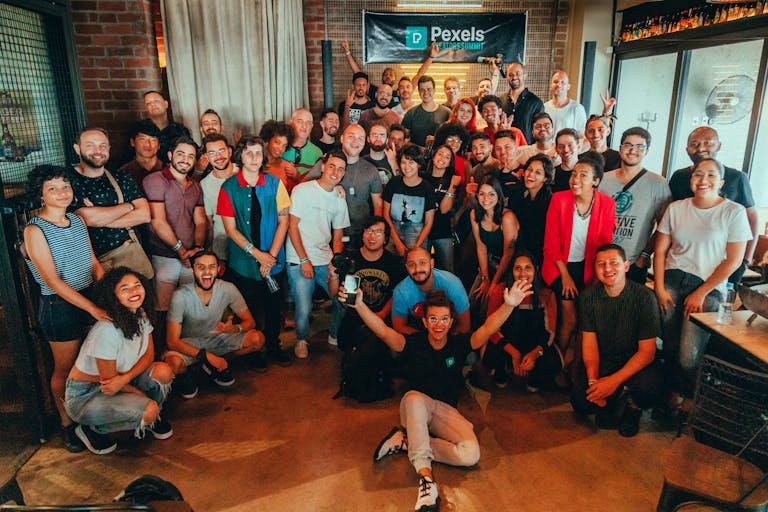AI Fairness: Ensuring Equitable Outcomes Across Demographics
Did you know that a stunning 85% of AI projects show bias against at least one demographic group according to a 2023 study by the MIT Technology Review? As someone who’s spent years researching algorithmic fairness, I’ve witnessed first-hand how AI systems can perpetuate and even amplify societal biases.
I remember the day in 2019 when one of my doctoral friends discovered significant gender bias in a department’s recruitment algorithm. What a wake-up call that was! From that moment, I knew we needed to tackle AI fairness head-on, not just as an academic exercise, but as a fundamental requirement for responsible AI deployment.
Understanding AI Bias and Fairness
Sources of AI Bias
- Training data bias: Historical prejudices embedded in datasets
- Algorithmic bias: Mathematical models that inadvertently favour certain groups
- Deployment bias: Systems performing differently across various demographics
- Feedback loop bias: AI systems reinforcing existing societal inequalities
According to the European Union Agency for Fundamental Rights, AI bias can manifest in multiple ways, often violating Article 21 of the EU Charter of Fundamental Rights on non-discrimination.
Legal Framework and Regulations
The legal landscape around AI fairness has evolved significantly in recent years. Let’s examine the key regulations:
EU AI Act
The European Union’s AI Act, formally proposed in April 2021 (COM/2021/206 final), represents the world’s first comprehensive AI regulation. Article 10(2)(f) specifically mandates:
“Training, validation and testing data sets shall be relevant, representative, free of errors and complete.”
UK Approach
The UK’s approach, as outlined in the AI White Paper (CP 772, published March 2023), takes a more flexible, principles-based approach. The paper emphasises:
- Fairness and non-discrimination
- Transparency and explainability
- Accountability measures
US Regulations
In the United States, several key pieces of legislation address AI fairness:
- The Algorithmic Accountability Act of 2022 (H.R. 6580)
- The AI Bill of Rights (October 2022)
- State-level regulations like California’s AB-13 on automated decision systems
Technical Solutions for AI Fairness
Having worked with countless organisations implementing AI systems, I’ve found these technical approaches to be most effective:
Pre-processing Techniques
- Dataset balancing
- Bias detection tools
- Representative sampling methods
In-processing Fairness
- Fairness constraints in model optimisation
- Adversarial debiasing
- Fair representation learning
Post-processing Methods
- Threshold adjustment
- Prediction transformation
- Ensemble methods for bias mitigation
Best Practices for Implementation
Throughout my career, I’ve developed these essential best practices:
- Establish clear fairness metrics
- Conduct regular bias audits
- Implement diverse testing protocols
- Maintain transparent documentation
- Create feedback mechanisms
Measuring and Monitoring Fairness
Key Metrics
- Demographic parity
- Equal opportunity
- Equalized odds
- Individual fairness measures
Conclusion
As we navigate the complex landscape of AI fairness, it’s crucial to remember that achieving equitable outcomes isn’t just a technical challenge—it’s a fundamental ethical imperative. Through my years of research and practical implementation, I’ve learned that combining robust technical solutions with strong legal frameworks and continuous monitoring is essential for success.
I encourage you to start implementing these practices in your AI systems today. Remember, as the EU AI Act (Article 15) emphasises, transparency and accountability are not optional—they’re fundamental requirements for responsible AI deployment.
What steps will you take to ensure your AI systems are fair across all demographics? Share your thoughts and experiences in the comments below!
📚 Further Reading
For those interested in exploring similar themes, consider:
- “Superintelligence” – Nick Bostrom – it’s one of my all-time favourites
- 7 Essential Books on AI – by the pioneers at the forefront of AI
- Ethical Implications of AI in Warfare and Defence – very interesting read
Avi is a researcher educated at the University of Cambridge, specialising in the intersection of AI Ethics and International Law. Recognised by the United Nations for his work on autonomous systems, he translates technical complexity into actionable global policy. His research provides a strategic bridge between machine learning architecture and international governance.







